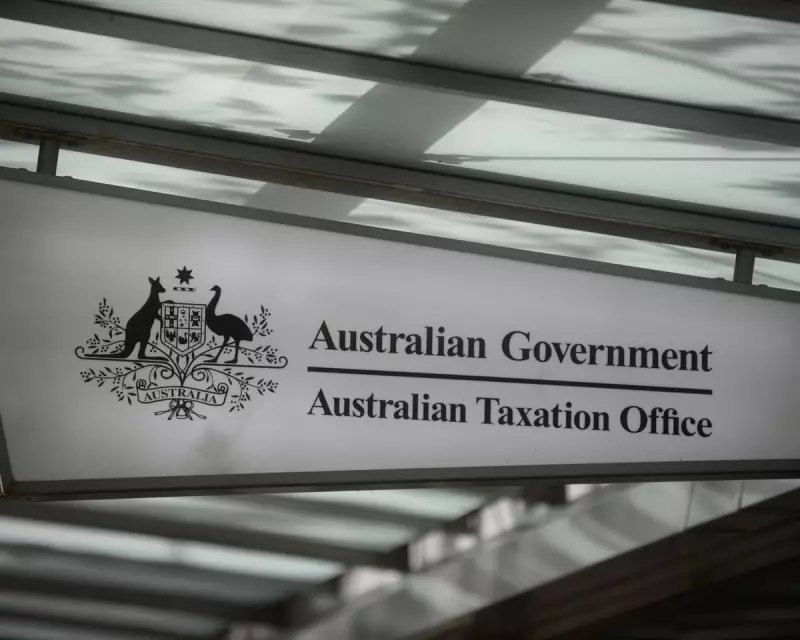
A landmark legal challenge has been launched that could fundamentally reshape the Australian Taxation Office's extensive use of outsourced call centres and set a precedent for public sector contracting.
The Case for Equal Pay
Nathan Brunne, a worker employed by the private equity-backed firm Probe Operations to handle calls for the ATO, has formally applied to the Fair Work Commission for a ‘same job, same pay’ order. This application directly tests the Albanese government's own workplace reforms, which were designed to prevent employers from using labour hire firms to undercut direct employees.
The case highlights the extreme pay disparity between directly employed ATO staff and their outsourced counterparts. Despite performing identical duties, using the same systems, and bearing equivalent security obligations, workers for private contractors often earn tens of thousands of dollars less per year.
Systemic Issues in Outsourced Services
The legal action comes amid growing scrutiny of the ATO's reliance on for-profit call centres run by Probe Operations, Nasdaq-listed Concentrix Services, and British multinational Serco. These centres have been plagued by complaints of low pay, poor working conditions, insufficient training, and alarmingly high staff turnover rates.
This environment has had a tangible impact on service quality. The tax ombudsman has noted a rising number of complaints regarding the ATO's phone services, with tax agents frequently reporting that they speak to call staff who lack the training to provide informed responses. Concerns have also been raised about the agency's debt collection methods.
Broader Implications and Union Backing
If Brunne's application is successful, it would force Probe, Concentrix, and Serco to pay their ATO call centre staff at the same rate as direct public servants covered by the sector agreement. This outcome would deliver a significant blow to the current outsourcing model.
The case has garnered strong union support. The Community and Public Sector Union (CPSU) has officially joined the application, and the Australian Services Union indicated its support at an initial hearing. Beth Vincent-Pietsch, CPSU deputy national president, stated, "These private contract arrangements cost taxpayers more than directly employed public servants, while the workers themselves receive lesser pay and conditions."
She argued that a successful outcome would deliver "fairness to workers, improved services, and better value for taxpayers’ money."
Probe's legal counsel has confirmed the company will oppose the application, while the ATO has yet to formalise its position. All parties have four weeks to respond to the application. An ATO spokesperson declined to comment, stating it would be inappropriate while the matter is before the commission.
A Test of Government Policy
The legal argument is expected to centre on whether the ATO's use of outsourced call centres constitutes a genuine service arrangement or an attempt to access cheaper labour. A key factor will be the degree of overlap in job functions and systems between the ATO and the contracted firms.
This case is particularly poignant as it uses the government's own reforms to challenge its own agency's practices. This follows a recent precedent where BHP was ordered to increase the pay of thousands of workers after the commission deemed them to be labour hire employees.
Despite the government releasing a framework in 2023 to wind back the use of consultants and outsourcing, the ATO subsequently awarded $316.5 million in call centre contracts to Probe, Concentrix, and Serco, plus a further $42 million contract to private debt collector Recoveriescorp.





